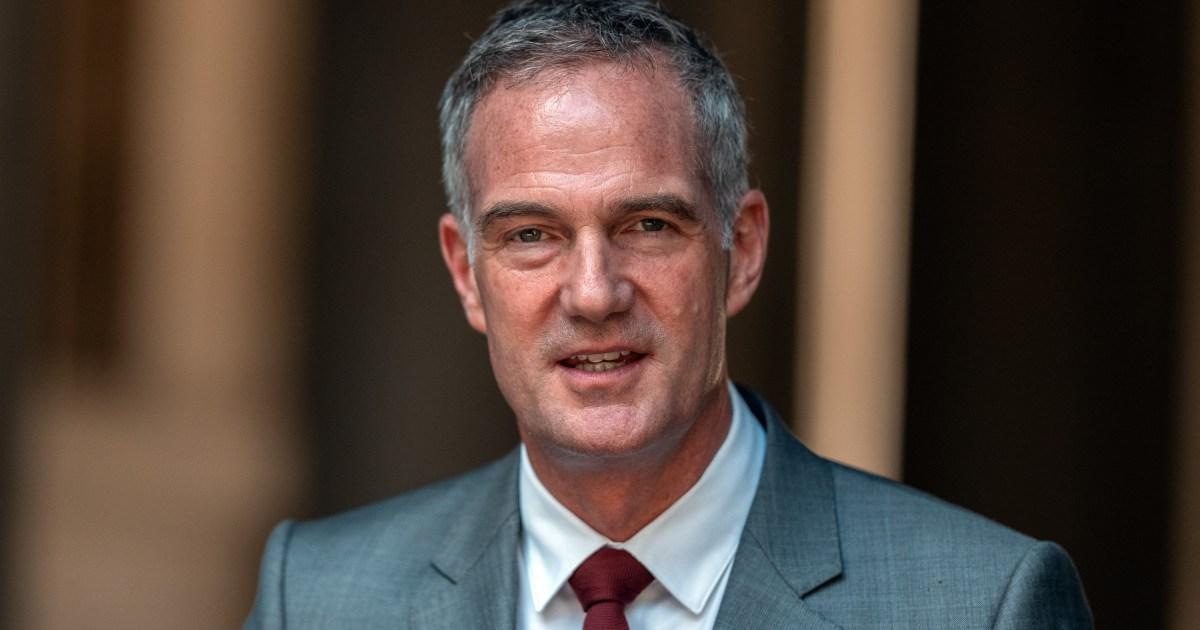A fervent public debate has ignited over the sweeping implications of the Online Safety Act, with citizens and political figures alike clashing on its potential to either safeguard vulnerable groups or stifle fundamental free speech rights.
The contention primarily revolves around provisions perceived by some as granting the government excessive powers to dictate online content, raising alarms about potential censorship and the erosion of digital liberties in the name of protection.
Critics highlight the apparent paradox within the legislation, noting that while the Online Safety Act aims to create a safer digital environment, its effectiveness is questioned given the acknowledged ease with which individuals can circumvent its measures using virtual private networks (VPNs), undermining its core objective.
This ongoing discourse is not merely a legalistic one; it deeply reflects broader concerns about government oversight in the digital realm and the balance between national security and individual privacy in modern society.
Concurrently, the United Kingdom continues to grapple with the persistent challenges of UK immigration, particularly the sensitive issue of small boat crossings and the perceived lack of stringent border security.
Public discourse frequently questions why individuals seeking asylum or better lives do not remain in other safe countries they traverse before reaching the UK, a point that remains largely unaddressed by politicians across the political spectrum.
Many argue that the UK is seen internationally as a comparatively “soft option” for immigration, a perception that, according to some analyses, contributes to the unabated flow of arrivals across the Channel.
The lack of decisive government policy and the reluctance to implement what some describe as “harsh decisions” are cited as key factors perpetuating the current immigration patterns, necessitating a comprehensive review of existing strategies.
Both the Online Safety Act and UK immigration represent complex facets of contemporary government policy, sparking widespread discussion and demanding nuanced approaches to reconcile varied public expectations and national interests.






Leave a Reply